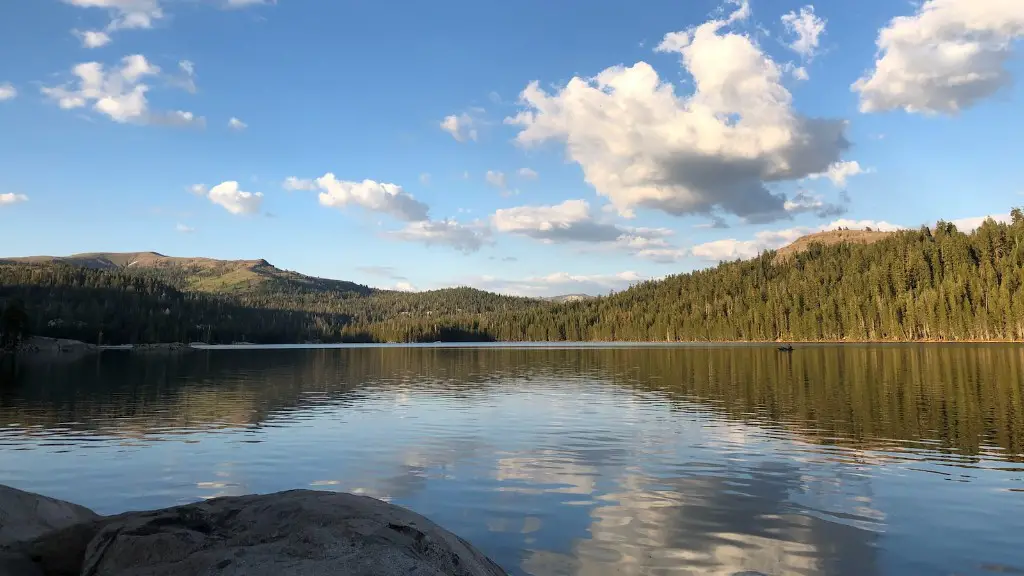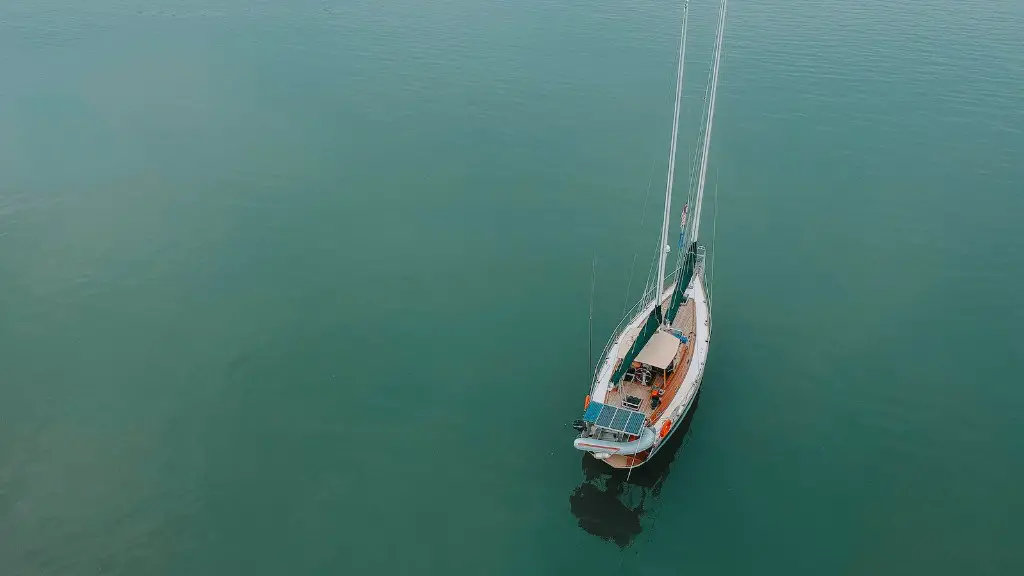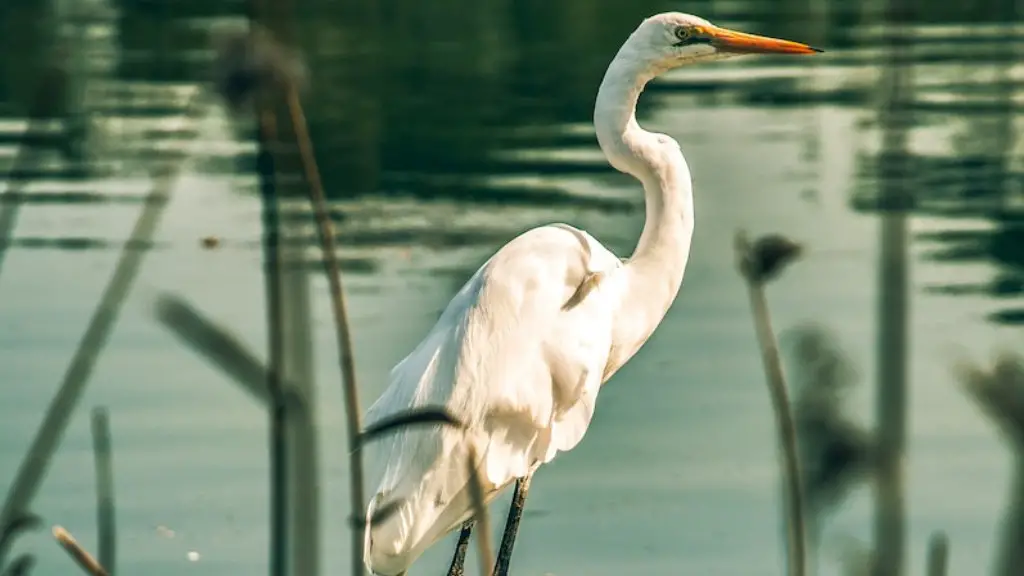Lake Victoria is Africa’s largest lake and the world’s second-largest freshwater lake by area. It is located in the African Great Lakes region and has a surface area of approximately 69,487 km2, making it the largest tropical lake in the world by surface area. It is fed primarily by rivers from the surrounding countries, including the White Nile from Uganda, the Moshi from Kenya, and the Malagar from Tanzania. This massive lake provides a major source of freshwater for the region, making it an important part of the African Great Lakes ecosystem. The lake also serves as a transport hub, with several major ports and numerous small ferries that link the larger towns and cities of the surrounding countries. Here are some of the reasons why Lake Victoria is important.
Water and Ecosystems
Lake Victoria is an important source of freshwater for the people of East Africa, as well as supporting a number of local species of fish and birds. The lake supports over 200 species of fish, some of which are endemic, while its surrounding littoral zone contains extensive reedbeds, marshes, and wet grasslands. These aquatic habitats provide essential resources and food for the various fish species, as well as a variety of migratory bird species which use the lake for nesting, foraging, and staging. Additionally, the lake serves as a spawning ground for the Nile Perch, a commercially important species that is heavily fished.
Economy
The lake is also an important part of the local economy. Fishing is one of the primary livelihoods of the people living around Lake Victoria, and fisheries make up an important sector of the regional economy. Many fishermen rely on the lake for their livelihoods, and small-scale operations are common. Additionally, the lake’s transportation links have allowed for increased travel and trade, creating economic opportunities in the region. Tourism is also becoming an increasingly important source of income for the local communities, as visitors come to marvel at the natural beauty of the lake and its surroundings.
Environmental Impacts
Despite its economic importance, Lake Victoria also faces numerous environmental challenges. Pollution is a major concern, as factory and agricultural runoff as well as untreated human waste are discharged into the lake. This has had a significant impact on water quality and aquatic life, with declining fish stocks and algal blooms posing major problems to the local environment. Furthermore, overfishing has become a major problem, as the local fish stocks have been severely depleted in recent years. Climate change is also a growing concern, with rising temperatures potentially leading to further declines in fish stocks, as well as exacerbating other water quality issues.
Conservation Efforts
In order to protect the lake and its surrounding environment, numerous conservation efforts have been implemented. Local and international organizations have established programs to reduce water pollution, limit overfishing, and combat climate change. The governments of the countries surrounding the lake have also taken steps to protect the lake, with catch quotas and restrictions, as well as stricter pollution regulations. In addition, a number of protected areas have been established, providing a safe haven for wildlife. Finally, education campaigns have been launched to educate the local communities on the importance of the lake, and the need to protect it.
Environmental Impact of the Environment
The environment around the Lake Victoria keeps changing due to the increased human activities in the area. People have abandoned traditional methods of fishing and farming and started using unsustainable means such as overfishing and clearing of forests for farming, leading to the degradation of the environment. This in turn has affected the fish population and balance of the ecological system in the lake. The government and communities of the region have come together to address environmental conservation issues so as to ensure the sustainability of the lake. Several environmental organizations are working towards the preservation of this body of water.
Recreation
Lake Victoria is also a popular destination for recreational activities such as sport fishing, water sports, water skiing, and wildlife viewing. There are also several resorts and lodges located around the lake that provide tourists and visitors with a variety of accommodations and activities. The lake is also home to a number of national parks, providing visitors with a unique opportunity to explore the area’s rich biodiversity. As such, the lake has become an important tourist destination and one of the most popular attractions in East Africa.
Infrastructure Development
Infrastructure development is also important for the surrounding communities, as it allows them to access essential services and markets. Improved roads, bridges, and railways have allowed for increased connectivity between the countries surrounding the lake, making it easier for people to access the resources and services they need. Improved infrastructure has also helped to increase trade and investment, providing a source of much-needed economic growth and development in the region.
Community Development
Lake Victoria also serves as an important source of community development in the region. Numerous organizations have established programs and initiatives to help improve the lives of the local people. These initiatives include poverty alleviation programs, educational initiatives, and investment in local businesses. Additionally, the lake provides employment opportunities, with many locals working in the fishing and tourism industries. In this way, Lake Victoria is helping to improve the quality of life for the people of East Africa.
Conclusion
Lake Victoria is a vital resource for the region, providing water, food, and economic opportunities for the people of East Africa. It is also an incredibly important habitat for a variety of species and its surrounding environments are home to a unique biodiversity. In order to preserve the lake and its surrounding environment, conservation efforts must be continued and improved. Additionally, infrastructure development and community development projects are needed in order to ensure the sustainability of this important body of water.


